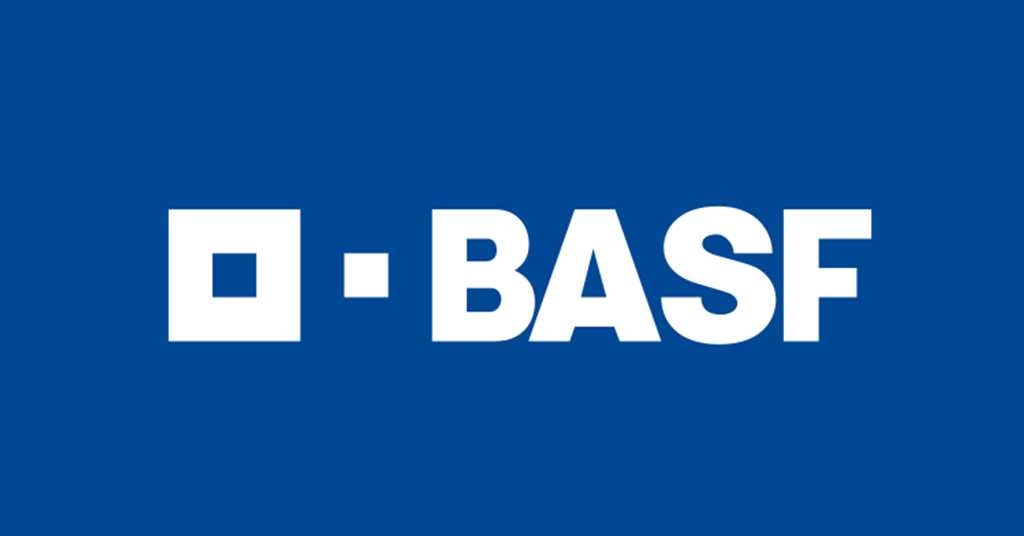Welcome To ChemAnalyst

BASF is taking significant strides in expanding its ever-growing portfolio of 14C bio-based monomers by introducing an innovative proprietary process for the production of 2-Octyl Acrylate (2-OA). This new product exemplifies BASF's unwavering commitment to innovation in pursuit of a sustainable future, boasting an impressive 73% 14C-traceable bio-based content in accordance with ISO 16620 standards. In addition to the conventional 14C bio-based 2-Octyl Acrylate, BASF is also introducing a novel variation known as 2-Octyl Acrylate BMB ISCC Plus. In this particular variant, the remaining carbon content is ISCC PLUS certified, and it further reduces the product's carbon footprint through the application of BASF's biomass balance (BMB1) approach.
Based at its Verbund site in Ludwigshafen, Germany, BASF has established an industrial-scale production setup for 2-Octyl Acrylate. This strategic move positions BASF as a trailblazer in the production of 2-Octyl Acrylate on a large scale, enabling the company to make this bio-based monomer readily available as a globally accessible raw material. Dr. Reiner Geier, Senior Vice President Industrial Petrochemicals Europe, affirms this commitment, stating, "We have broadened our product portfolio to support customers on their sustainability journey. With 2-OA, we are proud to have launched a novel acrylic monomer that helps customers meet their sustainability goals."
BASF's 2-Octyl Acrylate is sourced from 2-Octanol, a bio-based feedstock derived from castor oil. Castor oil is considered a sustainable non-edible feedstock that is reliably available throughout the year. This choice of feedstock aligns with BASF's dedication to sustainable sourcing and production.
One of the remarkable characteristics of 2-Octyl Acrylate is its balanced solvency, which makes it an excellent bio-based alternative to fossil-based monomers like 2-Ethylhexyl Acrylate (2-EHA) and n-Butyl Acrylate (BA). It finds applications in various industries, including adhesives formulations and coatings applications. Moreover, compared to its fossil counterparts, 2-Octyl Acrylate offers performance advantages, such as improved scrub resistance in coatings, enhanced shear resistance in adhesives, and exceptional weatherability. This versatility positions 2-Octyl Acrylate as one of the few 14C bio-based monomers suitable for both standard and high-performance applications. Its high purity contributes to consistently high-quality results, with low volatile organic compounds (VOC), thereby allowing customers to leverage the monomer across a wide range of applications.
To facilitate its global adoption, BASF has already registered 2-Octyl Acrylate in the EU, the US, Japan, and numerous other countries. Ongoing efforts are underway for further registrations, ensuring that this innovative bio-based monomer reaches an even broader international audience.
We use cookies to deliver the best possible experience on our website. To learn more, visit our Privacy Policy. By continuing to use this site or by closing this box, you consent to our use of cookies. More info.
